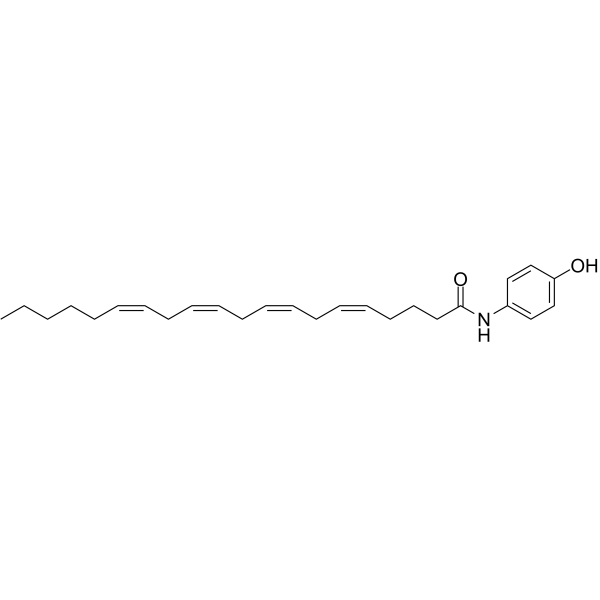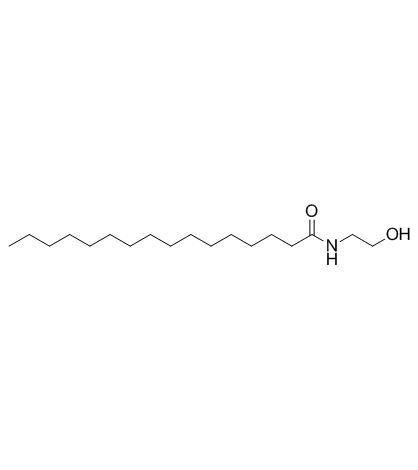| 结构式 | 名称/CAS号 | 全部文献 |
|---|---|---|
 |
大麻二酚
CAS:13956-29-1 |
|
 |
AM404
CAS:183718-77-6 |
|
 |
十六酰胺乙醇
CAS:544-31-0 |